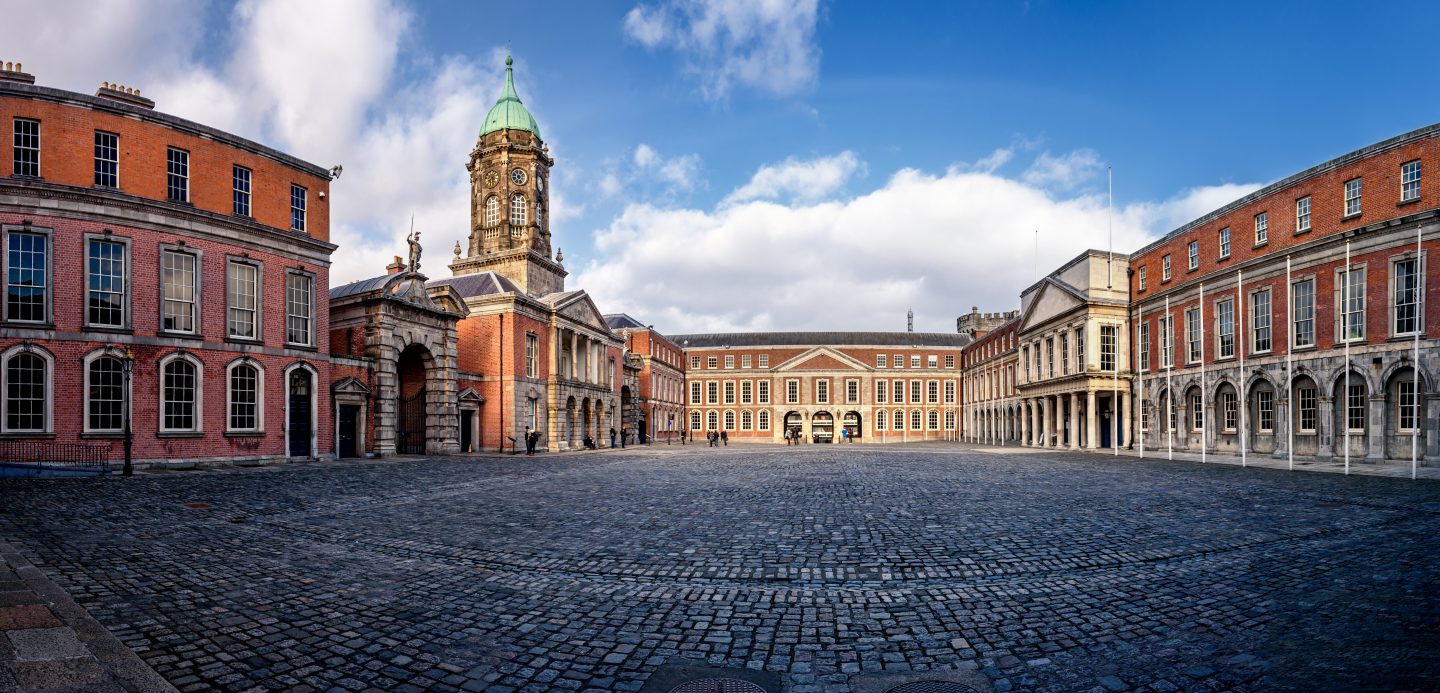On Saturday, 14 April 1923, a banner headline in the Freeman’s Journal announced that the first Irish Free State Budget had been introduced in the Dáil. The paper noted that it was “[t]he first budget introduced in an Irish parliament for a century and a quarter”.[1] It was a watershed in the process of building the Irish nation state. In addition to marking the transition to sovereign nationhood, it was the culmination of a complex sequence of events that led to the establishment of an autonomous Irish tax system. The Budget, which had been debated in the Dáil the previous day, would form the basis for the Finance Act 1923, the first piece of fiscal legislation passed by the new State. Continuity was the order of the day (the first section of the Act provided that income tax and sur-tax would apply at the same rates as had applied for the previous tax year). However, there was one significant change – the taxes provided for in the Act would be collected by, and under the care and management of, the recently created Office of the Revenue Commissioners. The “Irish tax man” was now in business.
To continue reading...
Members, students and subscribers of the Irish Tax Institute can login using your username and password.
For information on subscribing please contact info@taxinstitute.ie

